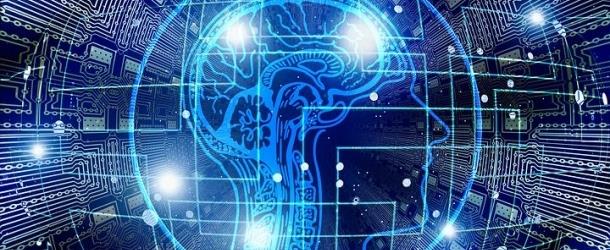Is Your Quantum Computer or Machine Learning Algorithm Lying to You

(WeLiveSecurity.com) uantum computing systems can generate a random number for use in cryptographic keys, but they’re not very good at attesting to whether the resulting number has been tampered with. Mess with the “random” number and you can rig the cryptographic keys to be broken.There’s a real quantum computing group working on real problems – the problem of whether “random” numbers, used as input for cryptographic algorithms generated by quantum computing – can be forged.
Cambridge Quantum Computing demonstrated a machine at RSA that generates a sort of unalterable proof for each generated number in the form of a horizontally and vertically polarized photon pair – modify one and you can tell. Quantum entanglement is such that you can do that. This means you can get certifiably random keys. You don’t have to trust anyone, so a first provably Zero Trust Security device is a welcome addition here.
The author also asks how would you know if your latest Machine Learning algorithms were tampered with? ML models have had to wrestle with failed outcomes in low-dimensional data like imagery, where operators could spot where the models got it wrong by looking at images and checking the results visually for anomalies. But in high-dimensional data, like typically complex data modeling in the real world, it’s all but impossible for an operator to “see” where things might be askew.
Machine learning could use some kind of proof in the same manner Cambridge Quantum seeks to provide a novel “proof” of an unaltered random number.























